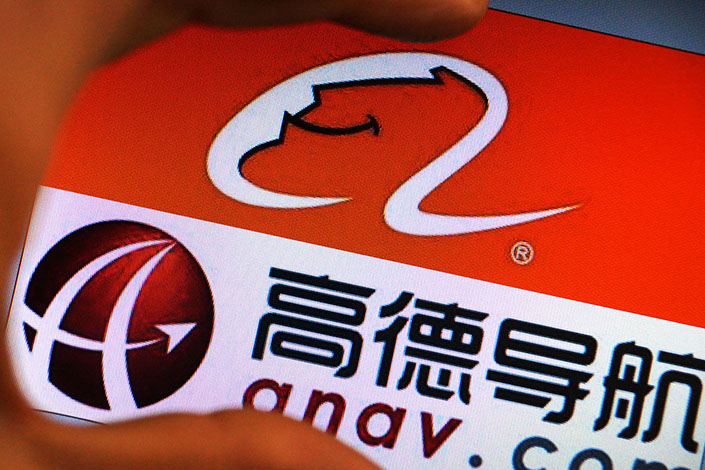Mapping App AutoNavi Sues Didi for Alleged Talent Poaching

(Beijing) — A popular Chinese digital-map app developer has taken Didi Chuxing to court, accusing the ride-hailing juggernaut of hiring seven of its former engineers using “unfair means.”
AutoNavi Information Technology is accusing Didi (China) Co. Ltd. and one of its subsidiaries Beijing Xiaoju Keji Co. of using a third-party human resources company to recruit the employees, thereby allowing the workers to skirt noncompetition clauses in their AutoNavi contracts, court documents viewed by Caixin show. Such clauses prohibit employees from joining a rival company within a specific period.
AutoNavi is demanding 75 million yuan (US$10.9 million) in compensation, according to the document. However, it did not say when the employees left AutoNavi, when they joined Didi, or how long they had agreed not to work for a rival.
Beijing Xiaoju Keji told Caixin over the weekend that accusations leveled by the mapping company were unfounded.
AutoNavi declined to comment on the ongoing lawsuit, the latest in a string of similar cases to rattle China’s talent-starved tech industry.
The seven former employees, including a senior manager, were able to access “confidential business information” while at AutoNavi, the company said in its filing to Chaoyang District People’s Court in Beijing. Some employees when they left had even taken files from the company’s R&D department that were protected under a nondisclosure agreement, it said.
AutoNavi said the workers had signed contracts with China International Intellectual, a headhunting firm in Shanghai, while they were still bound by the nondisclosure and noncompetition agreements in the previous contract with AutoNavi.
Tech companies in China have been struggling in recent years to prevent rivals from poaching skilled workers as competition for talent has intensified.
In January, six former Huawei Technologies Co. Ltd. employees suspected of “leaking business secrets” were arrested by police pending an investigation, the telecom-equipment maker confirmed in a statement. The arrest came after the workers joined rivals LeEco, a smart-TV maker, and handset manufacturer Coolpad Group Ltd. No formal charges have been filed against them to date.
A more high-profile spat in 2014 involved online gaming giant NetEase and Tang Yan, the founder of popular Chinese dating app Momo. On the eve of Momo Inc.’s New York IPO, NetEase accused Tang, a former employee, of stealing company resources and violating a noncompetition clause in his employment contract when he left in 2011 to set up Momo. No criminal charges were ever filed in the case, though Tang was briefly detained by police at the time during an investigation. Tang denied all the accusations.
Contact reporter Li Rongde (rongdeli@caixin.com)

- 1Cover Story: China Carves Out a Narrow Path for Offshore Asset Tokenization
- 2Drownings Shake Chinese Enthusiasm for Travel to Russia
- 3Over Half of China’s Provinces Cut Revenue Targets
- 4Li Ka-Shing’s Port Empire Hit by Forced Takeover Amid Panama Legal Dispute
- 5In Depth: China’s Mutual Fund Industry Faces Overhaul After a Banner 2025
- 1Power To The People: Pintec Serves A Booming Consumer Class
- 2Largest hotel group in Europe accepts UnionPay
- 3UnionPay mobile QuickPass debuts in Hong Kong
- 4UnionPay International launches premium catering privilege U Dining Collection
- 5UnionPay International’s U Plan has covered over 1600 stores overseas





